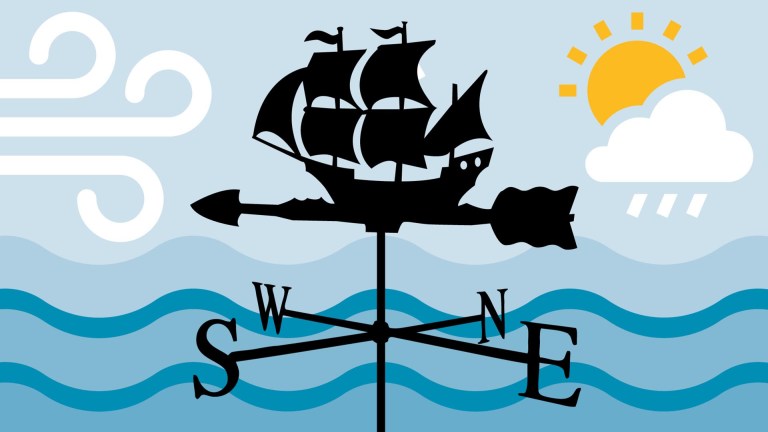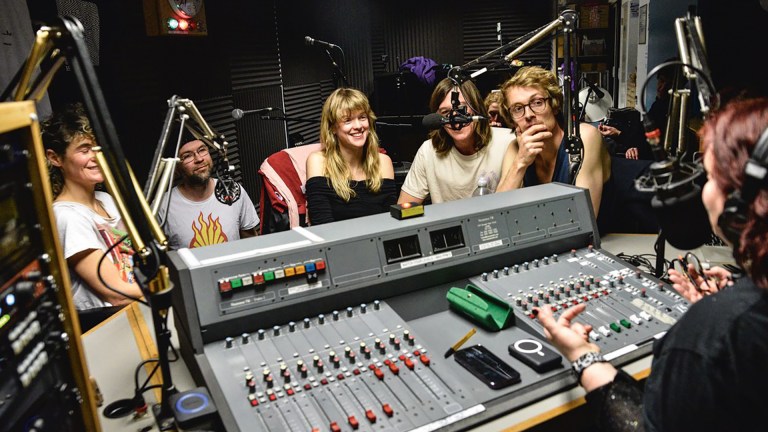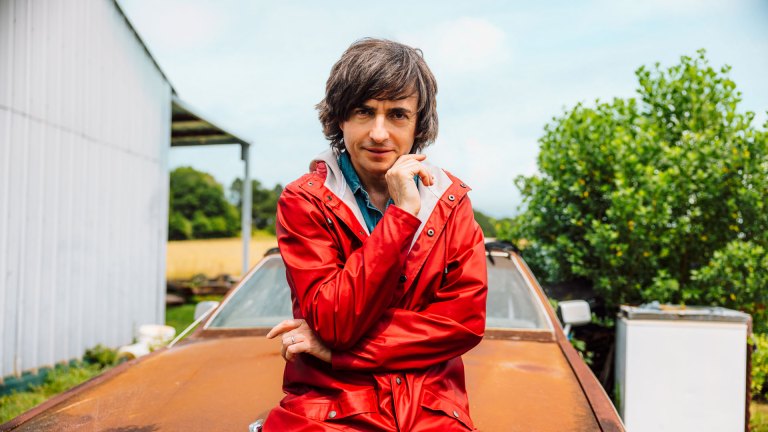On July 16, I stood on Cocoa Beach in Florida and looked across the water. Fifty years previously, the Saturn V rocket took off from there, propelling Mike Collins, Neil Armstrong and Buzz Aldrin towards the moon. I was there to record an episode of The Infinite Monkey Cage for Radio 4, renamed The Infinite Moonkey Cage for one show only because if a pun is possible, BBC guidelines insist on it.
A few minutes later, I was sat in a small hotel conference room with Gerry Griffin, an Apollo flight director, Rusty Schweickart of Apollo 9, and Andy and Jan Aldrin, children of Buzz. Though the show was broadcast on the anniversary of the lunar landing, this was not a discussion dominated by nostalgia, a revelling in the past of “one small step”, it was as much about our future.
For Schweickart, the greatest Apollo achievement was not the first footprint on the moon, it was three missions back, when Apollo 8 took the photograph that became known as Earthrise.
If you’re melting somewhere this evening, you might as well do it in the company of @robinince, @Kevin_Fong, @helenczerski, @chrislintott and @SuzieImberSpace chatting about Arthur C Clarke on the latest episode of #BookShambleshttps://t.co/zIeomm7Duq
— The Cosmic Shambles Network (@cosmicshambles) July 25, 2019
Commander of the mission, Frank Borman, had told his crew he didn’t want anyone looking out of the window. William Anders and Jim Lovell slyly took turns to peer at the Earth. Catching sight of the Earthrise, Anders asked for the camera. Borman insisted that no photograph should be taken, but Anders ignored that. Many now consider it the most important photograph ever taken.
It was an inspiration for the environmental movement. It gave humanity a sense of the fragility of their home. Though taken from a parochial distance considering the size of the solar system, let alone the Milky Way, it showed a planet with no signs of the borders that limit human thinking to tribal proportions. The resonance remains – now is a good time to be reminded of it.









